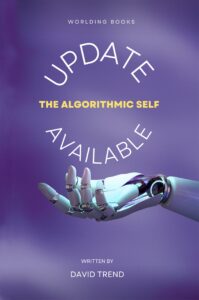Neuroscientists call the brain an “anticipation machine” because it spends so much time predicting the future.[i] It does this by piecing together past experiences to build scenarios of expected outcomes, in a process that reinforces itself as predictions come true. But of course things don’t always come true, creating uncertainty and wreaking havoc on the anticipation machine. In mild cases this expresses itself in a sense of worry that things might go wrong.  But pile up a lot of bad experiences and you end up expecting the worst, in what psychologists call “anticipatory dread.”[ii] While this can be a healthy process in buffering the shock of negative events, it also can spiral into a harmful sensation of crisis.
But pile up a lot of bad experiences and you end up expecting the worst, in what psychologists call “anticipatory dread.”[ii] While this can be a healthy process in buffering the shock of negative events, it also can spiral into a harmful sensation of crisis.
Recent research has a lot to say about the anticipation machine’s relationship to the update impulse. Visions of the future don’t spring from a vacuum, but link to objects, expected outcomes, or something we think we want. This desiring process applies to just about everything, whether it’s a slice of pizza or the admiration of others. But here’s the fascinating part: Getting things is less powerful than wanting them. That new pair of jeans might bring a thrill. But soon comes the yearning for another purchase. Neuroimaging reveals that “wanting” and “liking” occur in different parts of the brain, with the former more strongly active than the latter. Contrary to common wisdom, motivation isn’t influenced by animalistic hungers and drives. What gets people going is the imagination, which is why advertising favors feelings over facts. Continue reading “Updating the Self”
